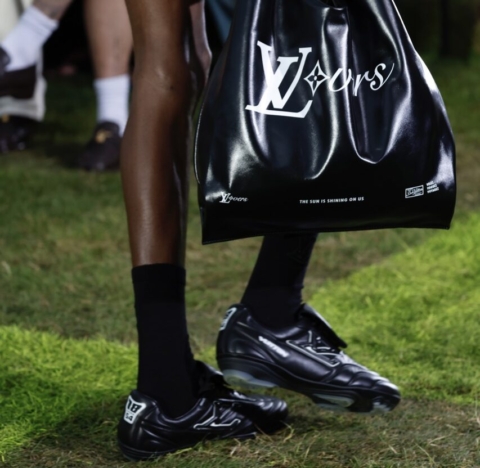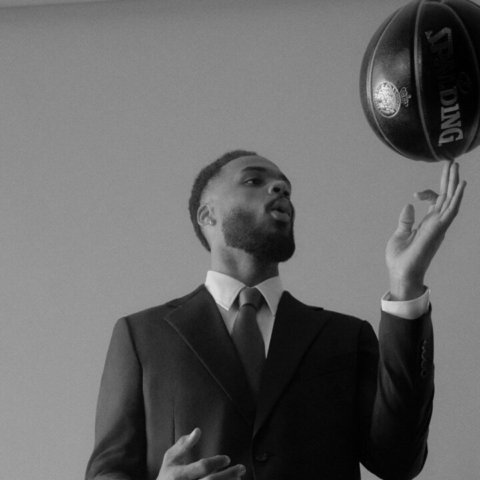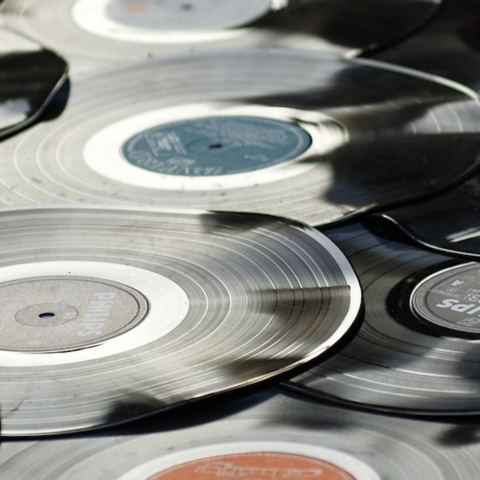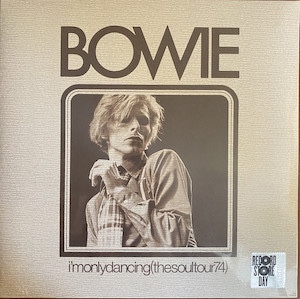Then and Now
By Jo Phillips
Historically, a female playing the cello, or even the flute for that matter was considered down right rude… That may seem strange but when a woman has to literally straddle a musical instrument in a time when women were expected to do some delicate needle point or possibly sing to their family, the idea of getting passionate with a musical instrument strapped between their thighs or even a long pole sticking in their mouth and at this point in history, would be considered quite frankly suggestive, provocative and immoral.
The well to do lady of the day may well be a piano virtuoso, able to perform for their families and guests, but God forbid it be a flute, double bass, trumpet, cello, drums…do we need to go on? When playing the contrabass, a gentle woman would need to make large bodily movements, which was not only unladylike, but also impossible in a corset.
The piano was perceived as a feminine instrument, suited to the female body and posture, and therefore suitable for the female body and character. Playing the piano was a very important skill for women of a certain social standing in the 19th century, and examples of this can be seen in classical literature, such as William Makepeace Thackeray’s Vanity Fair, Jane Eyre by Charlotte Brontë, Jane Austen’s Pride and Prejudice, Persuasion and Emma.
Jane Austen herself was a skilled musician, and she transferred this skill to her characters.
“There are few people in England, I suppose, who have more true enjoyment of music than myself, or a better natural taste. If I had ever learnt, I should have been a great proficient. And so would Anne, if her health had allowed her to apply. I am confident that she would have performed delightfully. How does Georgiana get on, Darcy?”
Mr. Darcy spoke with affectionate praise of his sister’s proficiency.
“I am very glad to hear such a good account of her,” said Lady Catherine…”
(Pride and Prejudice, 1813)
Today, we find such stories amusing, but had things not changed, we wouldn’t be able to enjoy the beautiful music of female musicians such as Maya Beiser and Linnea Olsson!  Maya has been called a “cello rock star”, which shows how far we are from these outdated views of female cello players. She has dedicated her work to reinventing solo cello performance in the mainstream classical arena. Maya has performed on some of the most renowned stages in the world, such as the Lincoln Center and Carnegie Hall in New York, London’s South Bank Centre, Sydney Opera House, and many more. She is now coming back to London to perform in Kings Place as a part of their Cello Unwrapped series in February.
Maya has been called a “cello rock star”, which shows how far we are from these outdated views of female cello players. She has dedicated her work to reinventing solo cello performance in the mainstream classical arena. Maya has performed on some of the most renowned stages in the world, such as the Lincoln Center and Carnegie Hall in New York, London’s South Bank Centre, Sydney Opera House, and many more. She is now coming back to London to perform in Kings Place as a part of their Cello Unwrapped series in February.
She will perform on 10th February and will perform pieces from David Lang and Michael Gordon; Julia Wolfe’s new piece Emunah will have its UK premiere. Maya’s work is focused at breaking boundaries, exploring the unknown ends to which her instrument can take her, and the ways she can bring her other interests into her music – art, theatre, film, fashion… Below are two of Maya’s films
And then Linnea is a Scandinavian cellist who uses her talent to create a cello-driven fantasy pop. Her new single Hall Of Tragedy is almost like an indie-cello track, beautiful and courageous, and her vocals add a certain attitude to the piece. It is another reason to look forward to 10th February – this is when the piece will be released everywhere. Following her two albums, which came out in 2012 and 2014, a new EP is on the way, to be released on 24th February. February is filled with exciting music events – if you are into jazz and blues, why not save the date on 23rd when the infamous Kate Dimbleby will perform at NOW gallery, Greenwich Peninsula, to launch her new album, Songbirds. There are only 40 tickets for the exclusive event, so hurry up if you want to be a part of the experience!
If you need more musical inspiration, why not take a look at Dave Howell’s piece in which he talks about some other contemporary artists, including the Polish cellist Resina, who often experiments with her instrument, from his label 130701 in our PATH issue, which the techno God Steve Bicknell guest edited.
Last but not least, if you enjoyed the Jane Austen reference, you would probably be interested in an exhibition in her honour, opening this May. The exhibition will include five portraits of the author, as well as a manuscript of an alternative ending to her last novel Persuasion, which was published after her passing. The Mysterious Miss Austen exhibition will be held at The Gallery in Winchester Discovery Centre.
Tickets for Maya’s concert here!
Tickets for Kate Dimbleby here





